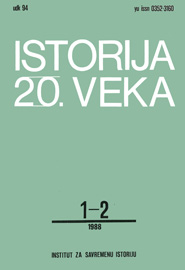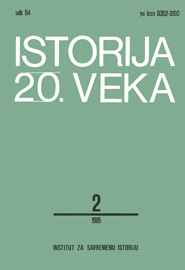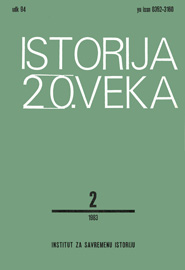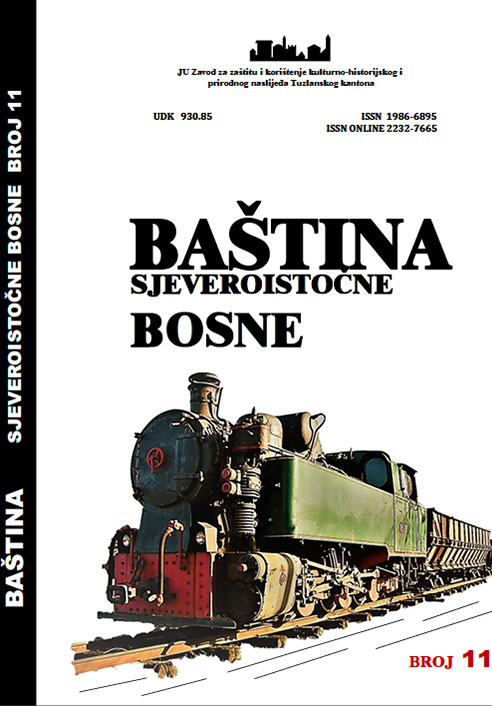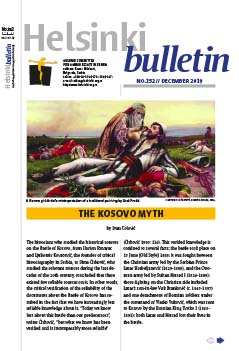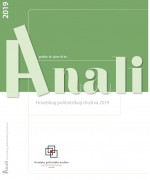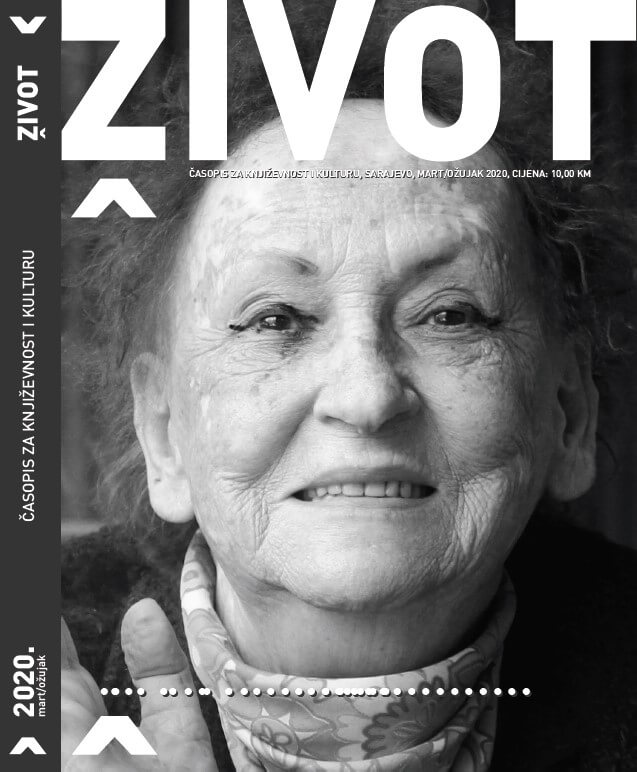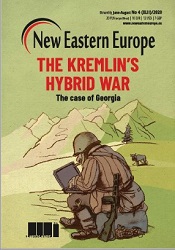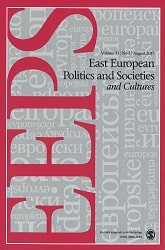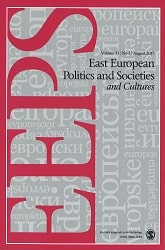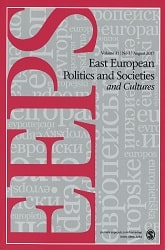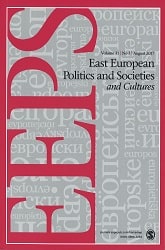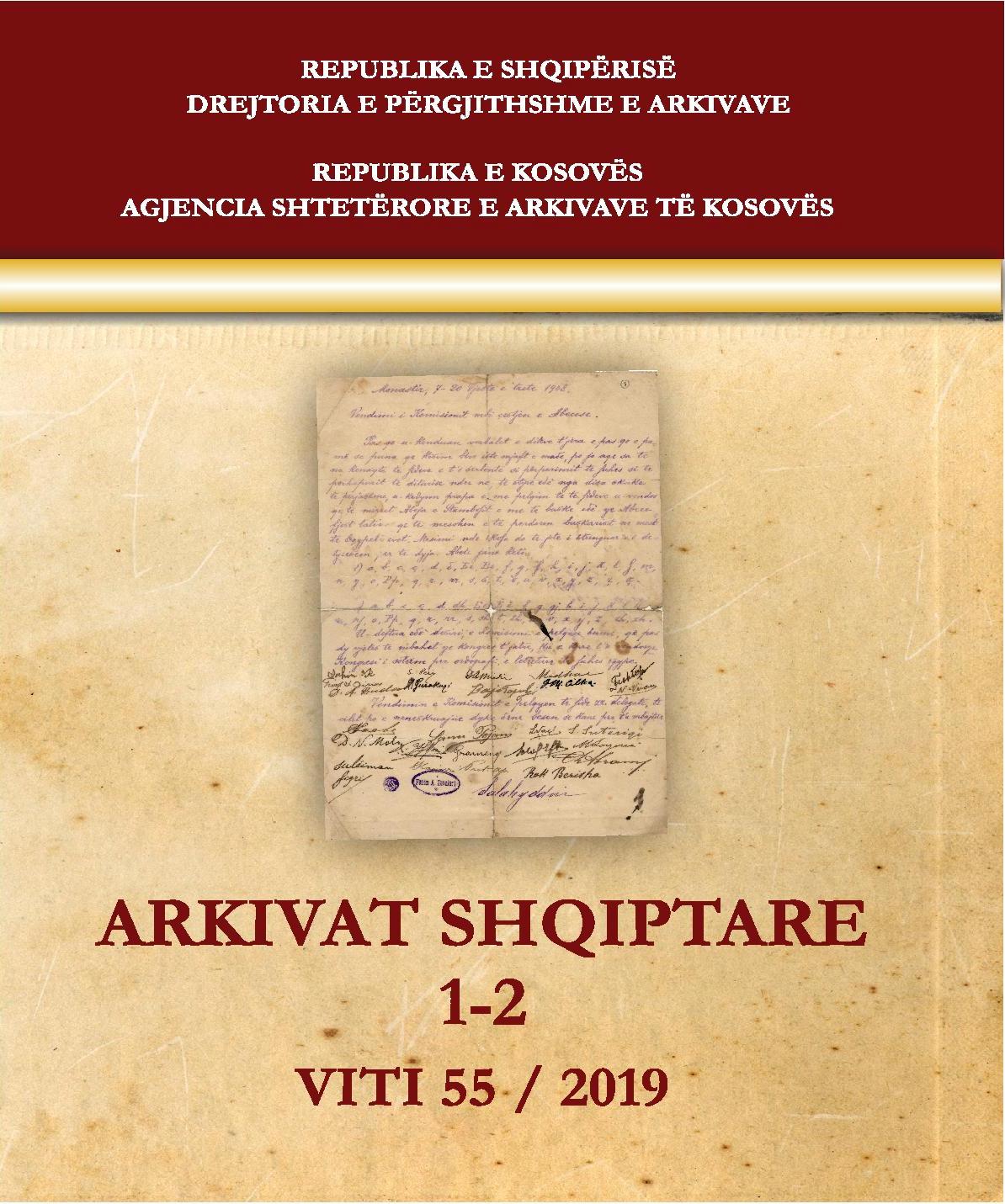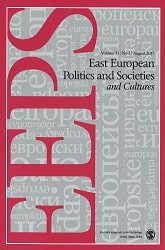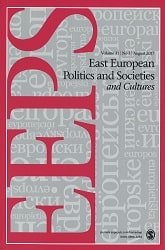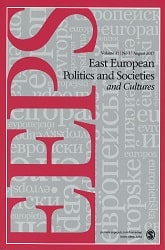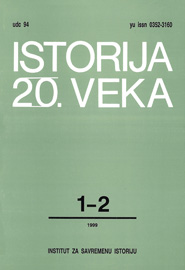
PRIKAZI
Reviews of: 1. Adam Pribićević, MOJ ŽIVOT, Srpsko kulturno društvo »Prosvjeta«, Zagreb 1999, str. 240 Review by: Sofija Božić 2. Dr Nikola Žutić, KRAJIŠKI SOKOLI, SOKOLI SRPSKE KRAJINE 1903-1941-1991, Udruženje Srba iz Krajine i Hrvatske - Srpsko kulturno društvo »Zora«, Beograd 1998, str. 121 Review by: Momčilo Mitrović 3. Dr Zdravko Antonić, ČUBRILOVIĆI 1914. I KASNIJE, Balakanološki institut SANU, Beograd 1999, str. 432. Review by: Milan Lazić 4. Dr Aleksandar Spasić, dr Svetislav Kostić, dr Nikola Živković, BELA PALANKA I OKOLINA U NARODNOOSLOBODILAČKOM RATU 1941-1945, Savez boraca NOR-a - Skupština opštine, Bela Palanka 1997, str. 323. Review by: Milan Koljanin 5. Dr Venceslav Glišić, dr Momčilo Pavlović, dr Predrag Marković i Milomir Aćimović, SINDIKATI BEOGRADA 1945-1998, Veće saveza sindikata Beograda, Beograd 1999, str. 536 Review by: Nikola Žutić 6. DESETI KONGRES ISTORIČARA JUGOSLAVIJE (15-17. januar 1998), Zbornik radova, Zavod za udžbenike i nastavna sredstva, Beograd 1998, str. 861. Review by: Miroljub Vasić 7. LATINSKA AMERIKA U DVADESETOM VEKU, Jugoslovensko udruženje latinoamerikanista, Beograd 1999, str. 480 Review by: Svetozar Mužijević 8. SUEDOSTDEUTSCHES ARCHIV, XL/XLI, Muenchen 1997/1998, str. 294 Review by: Zoran Janjetović
More...
